New York City: A Global Hub on the World Map
Related Articles: New York City: A Global Hub on the World Map
Introduction
With enthusiasm, let’s navigate through the intriguing topic related to New York City: A Global Hub on the World Map. Let’s weave interesting information and offer fresh perspectives to the readers.
Table of Content
New York City: A Global Hub on the World Map
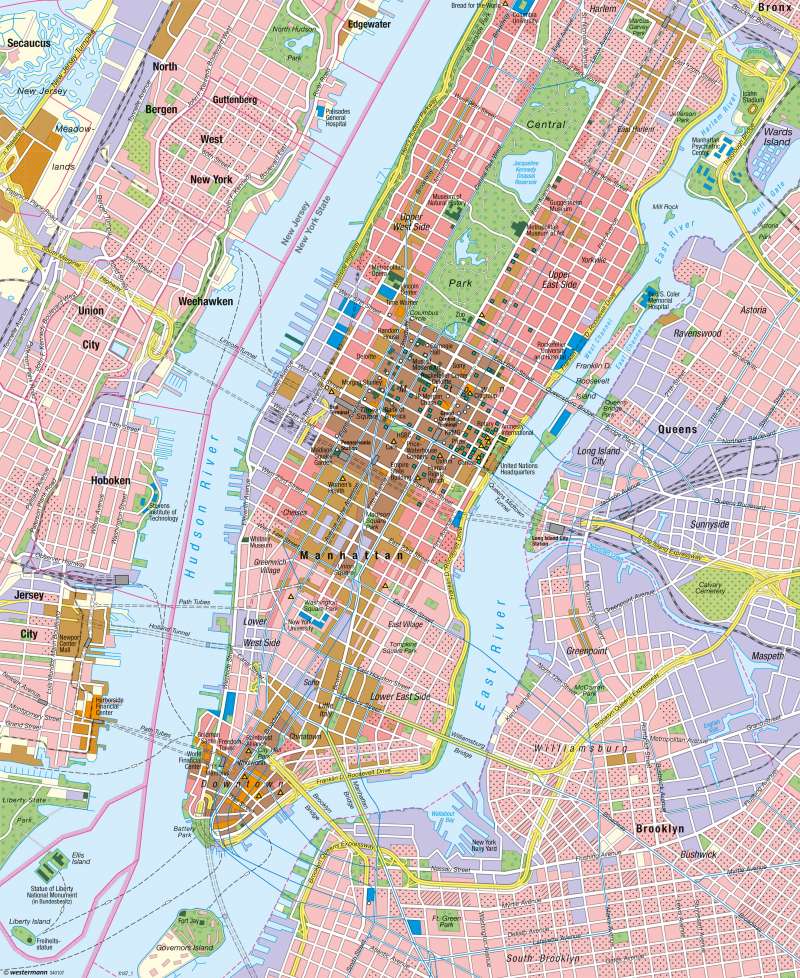
New York City, often referred to as the "Big Apple," stands as a beacon of global influence and cultural dynamism. Its prominent position on the world map reflects its multifaceted role as a center for finance, commerce, art, entertainment, and innovation. Understanding New York City’s geographic location and its impact on the world requires a multifaceted approach, exploring its historical development, cultural significance, and economic influence.
A Strategic Location: Where Land and Sea Meet
Located at the southern tip of the state of New York, New York City occupies a strategic position on the Atlantic coast of the United States. Situated at the confluence of the Hudson River and the East River, the city’s harbor has historically been a vital gateway for trade and transportation. This geographic advantage played a crucial role in establishing New York City as a major port and commercial hub during the colonial era and beyond.
A City of Islands: A Unique Urban Landscape
New York City’s distinctive urban landscape is defined by its unique geography. Five boroughs – Manhattan, Brooklyn, Queens, the Bronx, and Staten Island – are interconnected by bridges, tunnels, and ferries, creating a dynamic and diverse urban tapestry. Manhattan, the most iconic borough, is a narrow island that stretches for 13 miles, creating a dense urban core with towering skyscrapers and bustling streets.
A Tapestry of Cultures: A Global Melting Pot
New York City’s global prominence stems in part from its status as a cultural melting pot. Throughout its history, the city has attracted immigrants from all corners of the world, creating a vibrant mosaic of languages, cuisines, and traditions. This diversity is reflected in the city’s diverse neighborhoods, each with its unique character and cultural identity. From Little Italy to Chinatown to Koreatown, New York City offers a rich tapestry of cultural experiences.
A Hub of Finance and Commerce: The World’s Financial Capital
New York City’s economic prowess is undeniable. The city is home to the world’s largest stock exchange, the New York Stock Exchange (NYSE), and is a global center for banking, finance, and investment. Wall Street, located in Lower Manhattan, has become synonymous with financial power and influence, attracting investors and corporations from around the globe.
A Center of Innovation and Technology: The Silicon Alley Effect
While New York City has traditionally been associated with finance, it has also emerged as a major center for innovation and technology. The rise of "Silicon Alley" in Manhattan has attracted tech startups, entrepreneurs, and venture capitalists, transforming the city into a hub for digital creativity and technological advancement.
A Global Stage for Art and Entertainment: The City That Never Sleeps
New York City is renowned for its vibrant arts and entertainment scene. Broadway, with its iconic theaters, has become a global destination for live performances. The city is also home to world-class museums, art galleries, and music venues, attracting artists and audiences from around the world.
A Global Leader in Education and Research: A Hub of Knowledge
New York City is a global center for education and research. It is home to some of the world’s most prestigious universities, including Columbia University, New York University, and Cornell Tech. These institutions attract students and researchers from all over the world, contributing to the city’s intellectual dynamism and technological advancement.
Navigating New York City: A Guide for Visitors
For visitors exploring New York City, understanding its geography and transportation system is essential. The city is well-connected by public transportation, including the subway system, buses, and ferries. Visitors can utilize maps and apps to navigate the city efficiently, maximizing their exploration of its diverse neighborhoods and attractions.
FAQs: Exploring New York City’s Global Impact
1. What makes New York City a global city?
New York City’s global prominence stems from its strategic location, diverse population, economic power, cultural influence, and role as a hub for innovation and education.
2. How does New York City’s location contribute to its global importance?
New York City’s location at the confluence of the Hudson and East Rivers has historically made it a vital port and commercial hub, facilitating trade and transportation with other parts of the world.
3. What are some of the key industries in New York City?
New York City’s economy is driven by industries such as finance, media, technology, fashion, tourism, and real estate.
4. How does New York City’s cultural diversity impact its global influence?
New York City’s cultural diversity enriches its artistic expression, culinary scene, and intellectual discourse, attracting visitors and artists from around the world.
5. What are some of the challenges facing New York City?
New York City faces challenges such as affordability, inequality, and the need to adapt to changing economic and technological landscapes.
Tips for Exploring New York City:
- Plan your itinerary: New York City offers a vast array of attractions, so planning your itinerary in advance is crucial to maximize your time.
- Utilize public transportation: The subway system is the most efficient way to navigate the city, offering affordable and reliable transportation.
- Explore different neighborhoods: Each neighborhood in New York City has its unique character and cultural identity, offering diverse experiences.
- Engage with local culture: Immerse yourself in the city’s vibrant arts and culture scene by attending Broadway shows, visiting museums, or exploring local markets.
- Embrace the diversity: New York City’s diverse population creates a unique and enriching experience, so embrace the city’s multiculturalism and enjoy the variety of cuisines and traditions.
Conclusion: A City of Global Significance
New York City’s position on the world map reflects its multifaceted role as a global center for finance, commerce, art, entertainment, and innovation. Its strategic location, diverse population, cultural dynamism, and economic prowess have made it a beacon of global influence and a city that continues to shape the world. As a hub of creativity, opportunity, and cultural exchange, New York City remains a city of global significance, captivating the imagination and inspiring people from all corners of the world.

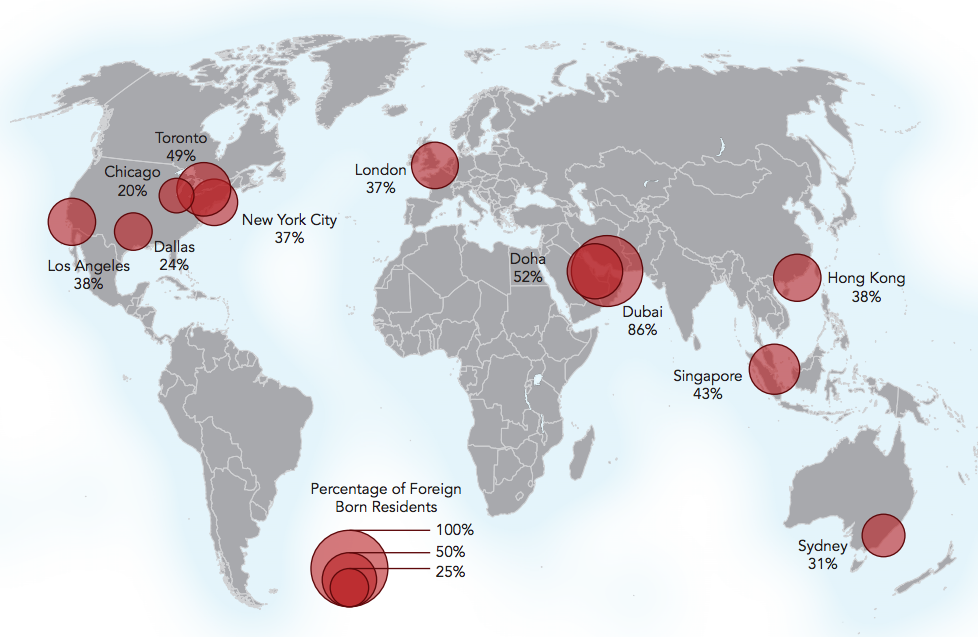

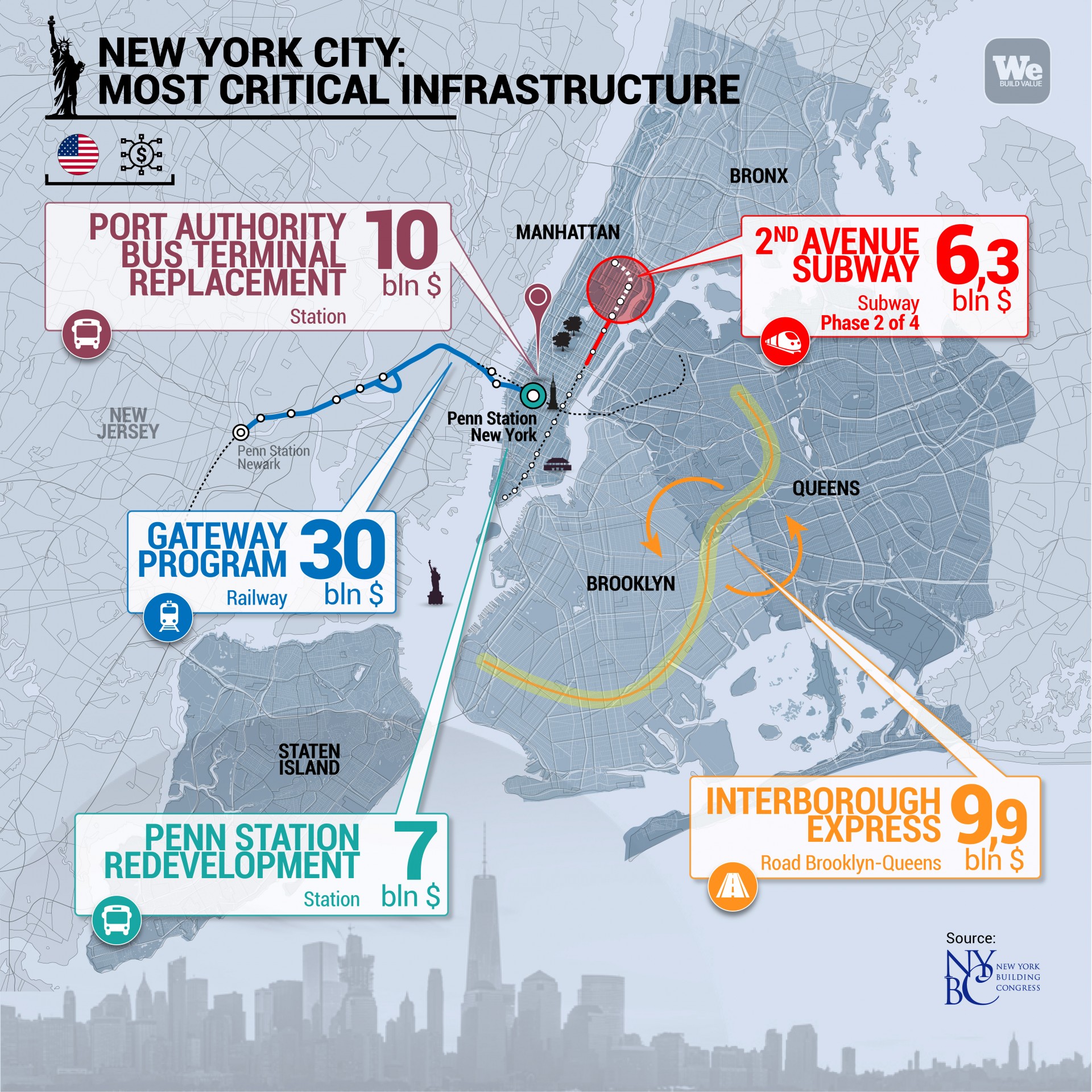
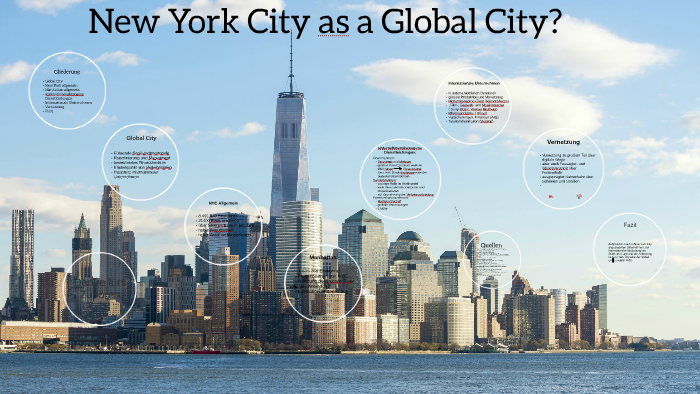
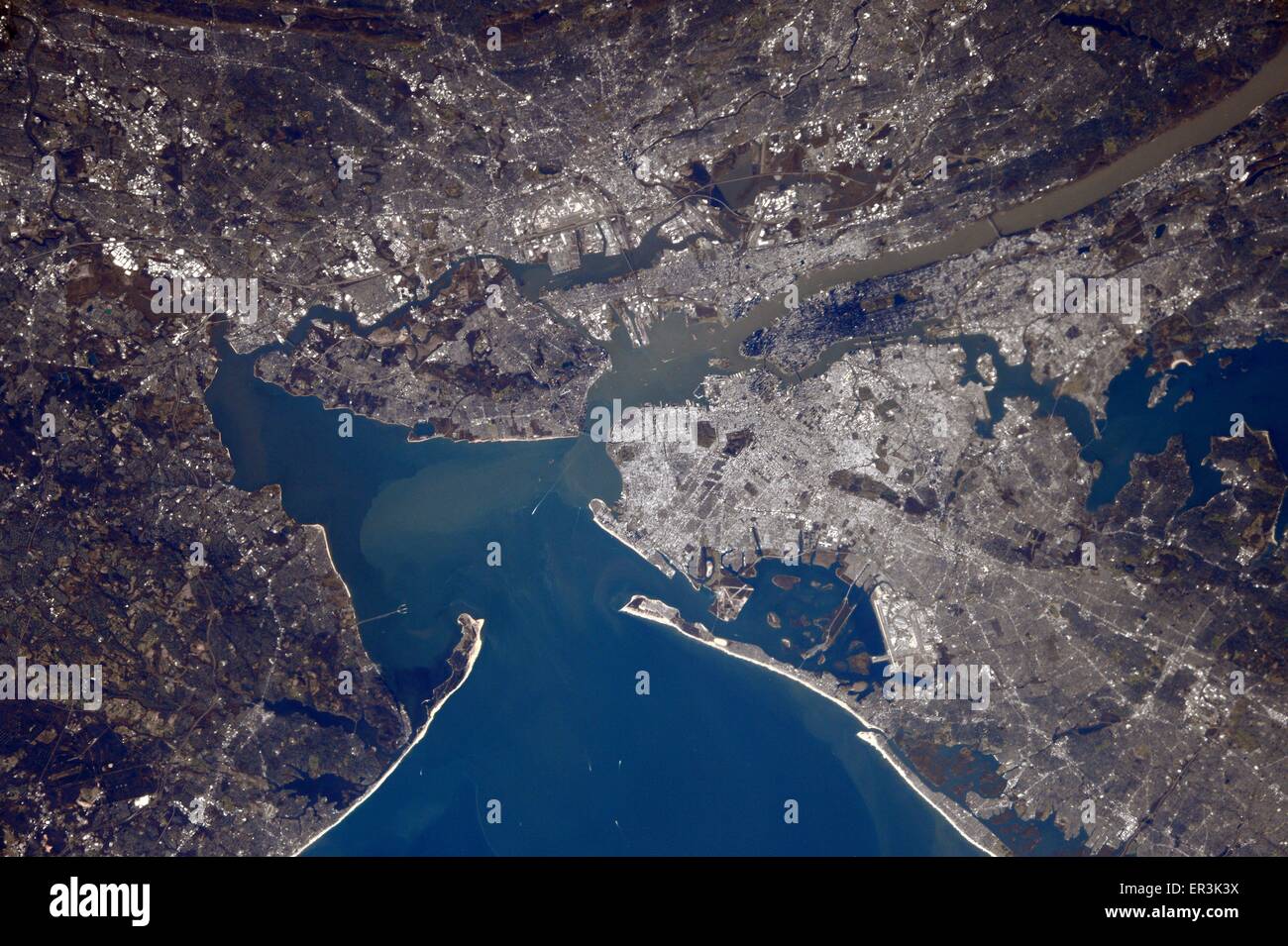


Closure
Thus, we hope this article has provided valuable insights into New York City: A Global Hub on the World Map. We thank you for taking the time to read this article. See you in our next article!